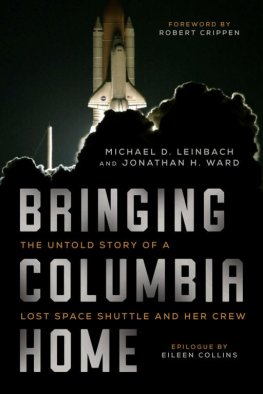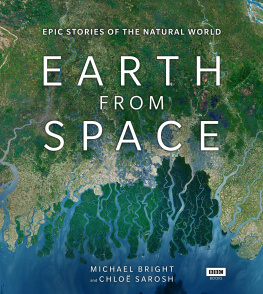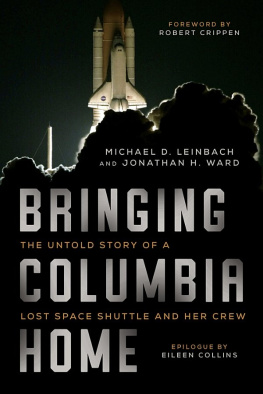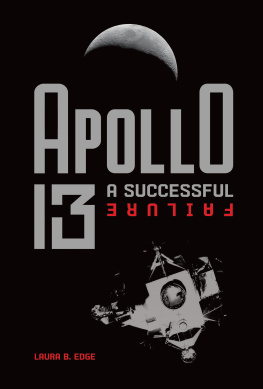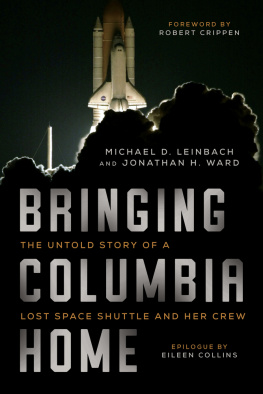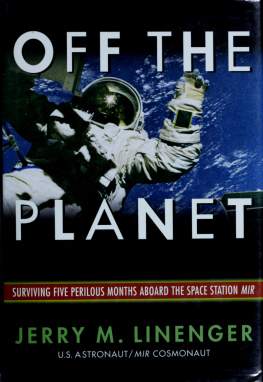TOO FAR FROM HOME
Chris Jones, who joined Esquire as a contributing editor and sports columnist, became a writer at large when he won the 2005 National Magazine Award for Feature Writing for the story that became the basis for this book. Previously he was a sportswriter at the National Post, where he won an award as Canada's outstanding young journalist. He lives in Ottawa, Canada.
ALSO BY CHRIS JONES
Falling Hard: A Rookie's Year in Boxing
This eBook is copyright material and must not be copied, reproduced, transferred, distributed, leased, licensed or publicly performed or used in any way except as specifically permitted in writing by the publishers, as allowed under the terms and conditions under which it was purchased or as strictly permitted by applicable copyright law. Any unauthorised distribution or use of this text may be a direct infringement of the author's and publisher's rights and those responsible may be liable in law accordingly.
ISBN 9781407013176
Version 1.0
www.randomhouse.co.uk
Published by Vintage 2008
2 4 6 8 10 9 7 5 3 1
Copyright Chris Jones 2007
Chris Jones has asserted his right under the Copyright, Designs and Patents Act 1988 to be identified as the authors of this work
This electronic book is sold subject to the condition that it shall not by way of trade or otherwise, be lent, resold, hired out, or otherwise circulated without the publisher's prior consent in any form other than that in which it is published and without a similar condition including this condition being imposed on the subsequent purchaser
All photographs courtesy of NASA
First published in the United States by Doubleday, an imprint of The Doubleday Broadway Publishing Group, a division of Random House, Inc., New York
First published in Great Britain in 2008 by Vintage Books
Vintage
Random House, 20 Vauxhall Bridge Road,
London SW1V 2SA
www.vintage-books.co.uk
Addresses for companies within The Random House Group Limited can be found at: www.randomhouse.co.uk/offices.htm
The Random House Group Limited Reg. No. 954009
A CIP catalogue record for this book
is available from the British Library
ISBN: 9781407013176
Version 1.0
For Lee, who always brings me back.
PROLOGUE
Only minutes earlier, they had been something elsesomething big enough to be held in the hearts of millionsand soon they would be that big again, but now they were just three men in a bucket floating on the ocean, still far from home. Neil Armstrong, Buzz Aldrin, and Michael Collins had gone to the moon and back in the capsule nicknamed Columbia before splashing down 812 nautical miles southwest of Hawaii. Their miracle trip had taken them a little over eight days. It would be another three weeks before they'd complete the journey from the South Pacific into the arms of their wives.
In July 1969, the world changed, or at least its envelope did, pushed more than a quarter of a million miles across a vacuum. Even on a planet pockmarked by conflict, there was a new hope to latch on to. But that optimism didn't extend into every corner: no worry-minded scientist would gamble on how much these three men who'd changed the world had changed right along with it. Maybe they weren't like the rest of us anymore. Maybe they no longer belonged here.
They had lived in impossibly close quarters, drunk water from a pistol, and filled themselves up with a paste engineered to taste like Canadian bacon. They had been weightless, then not really, then weightless again, their blood still pumping but without the usual dams and anchors, flooding into their organs like water finding its level. They had crossed 25,000 miles in an hour. They had soaked up galactic radiation and navigated by stars. They had looked at snapshots of their families and swallowed hard, and they had wondered whether any single breath was meant to be their last. Two of them had walked in dust that might have contained spores, germs, bacteria, untold ancient lunar diseases and pandemics that every known inoculation couldn't fight; the third had passed over the dark side of the moon, out of radio contact, alone, for seven orbits, a hermit's passage.
Like no other men before, they had gone very far away. Who knew how different they might be when they came back?
Was something new and terrible hiding in the bottoms of their lungs or the ridges of their fingerprints? Or, worse, had they absorbed some stowaway parasite like sunlight through their skin?
What did space do to something as finite as a man's mind? How did punching a hole through Heaven unsettle a man's soul?
What kind of unforeseen reaction might begin if they dipped a foot into the salt of the ocean? If they shook hands with the rescuers who were on their way in the fat-bellied military choppers? Could even a sneeze make the 812-nautical-mile trip to Hawaii, and from there jump to Japan and California, choking billions of bronchial tubes with some nameless unstoppable plague?
How had space interrupted their bodies' clocks and rhythms?
How had it skipped their hearts?
How could it not?
And so for Armstrong, Aldrin, and Collins, the waiting began, first in their bucket, still far from home.
...
Back then, as forever, as alwaysuntil these days, perhapsthe remedy to any unexplored horizon was a colony. The men of Apollo 11 would remain in their exclusive society, cut off from the rest of us, kept under glass. They would become the world's most famous and wide-smiling lepers. Three weeks seemed like a good settlement period. The mysteries of the universe would be waited out.
Every precaution would be taken till then. The swimmers dropped out of their helicopters and attached two orange life rafts to the module, one for decontamination and the other for recovery. One of the swimmers opened Columbia's hatch, threw in three green, nylon, one-piece biological isolation suits, and slammed the hatch shut. Armstrong, Aldrin, and Collins each zipped on his suit. The American flag had been stitched to their left shoulders, their names across their chests; their faces were made alien by oval lenses and breathing masks. The swimmer then reopened the hatch and helped the astronauts into the decontamination raft. The four of them floated on the ocean's gentle surface, under clouds, looking in those outfits more like Martians than moonwalkers.
They were sprayed down with sodium hypochlorite (the module itself would get a betadine bath), transferred to the recovery raft, and lifted like tuna, in Billy Pugh rescue nets, into Helicopter 66 ("Old 66" to the Black Knights inside). The chopper normally hunted for lost surfers and enemy submarines off the California coast. Now its role had changed: for the astronauts in their zipped-up suits, it made more like a pretty good furnace. But the heat was a small complaintduring an earlier recovery exercise, high winds and seas had stalled the lift, and sharks had forced the swimmers back in their rafts. Now that there were no second chances, each part of the plan had to fit into the next without seams.
The decontamination raft and whatever invisible cargo it now harbored was scuttled, and the chopper made the short, thirteen-mile flight to the aircraft carrier USS Hornet, on which 2,115 officers and men, 107 NASA officials and civilians, a trio of pool reporters, and President Richard M. Nixon were waiting to make three men in a bucket big again. (The excitement had left the president first needing to take a leak. "Marine, where's the head?" was his opening verbal salvo after splashdown.) But no wives awaited. Old 66 touched down to cheers on the flight deck, was dropped by elevator to Hangar Deck No. 2, and Armstrong, Aldrin, and Collins walked through a plastic tunnel into their next new home, the Mobile Quarantine Facility.


